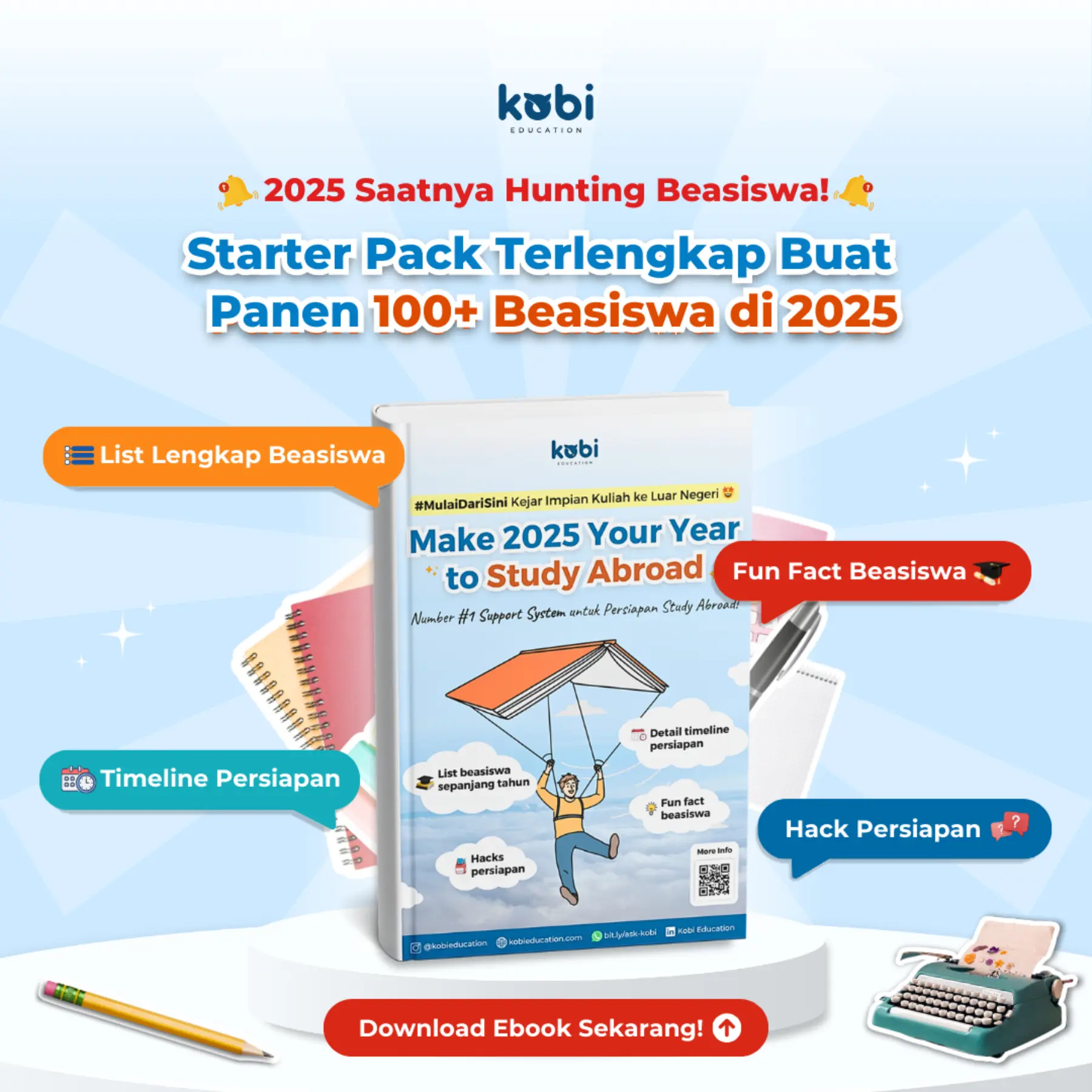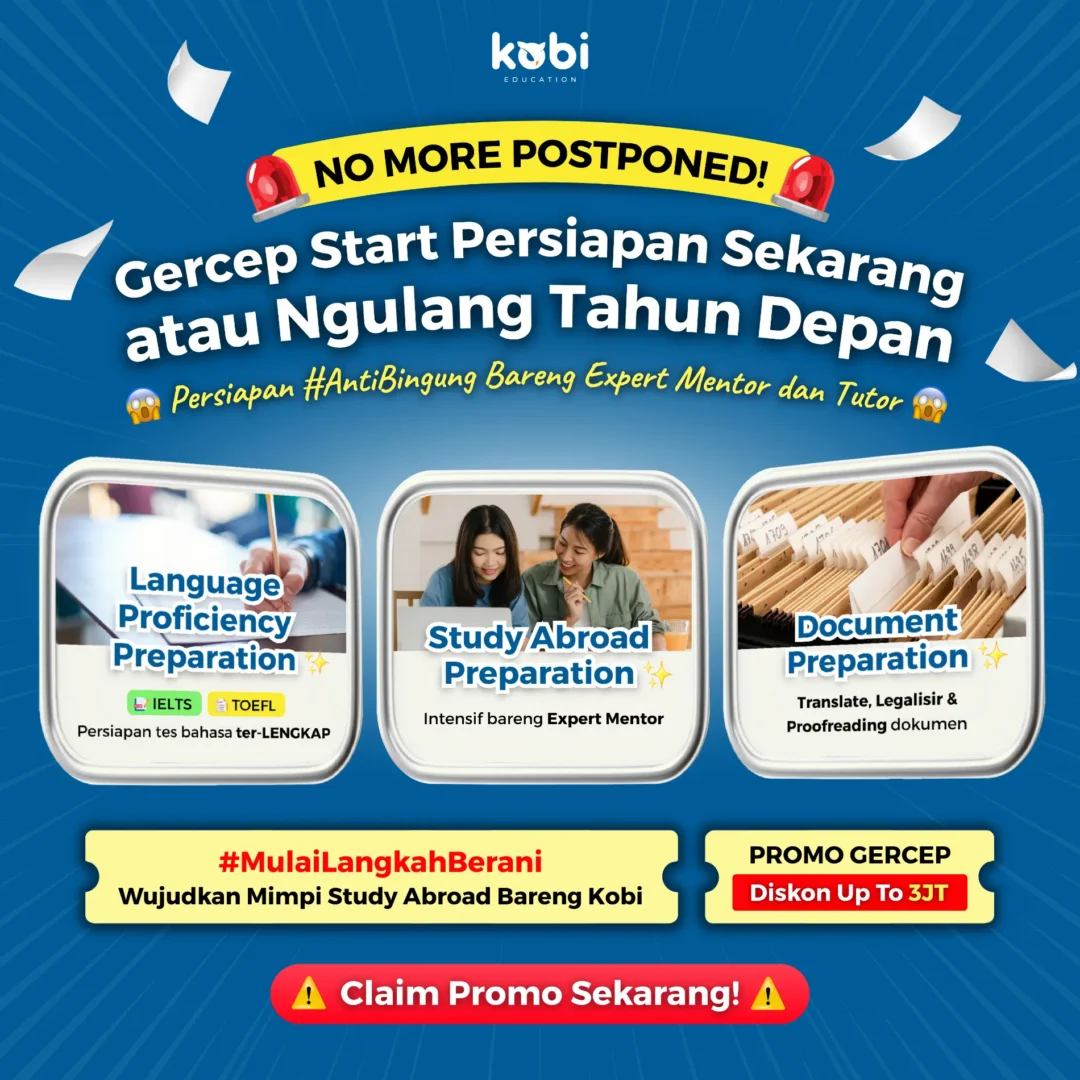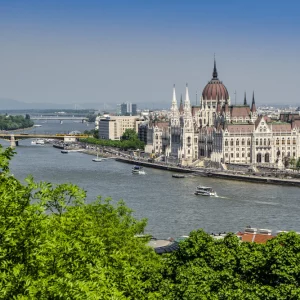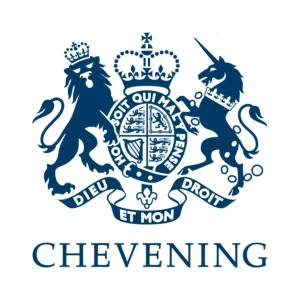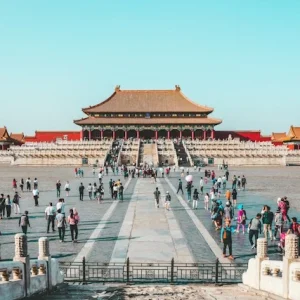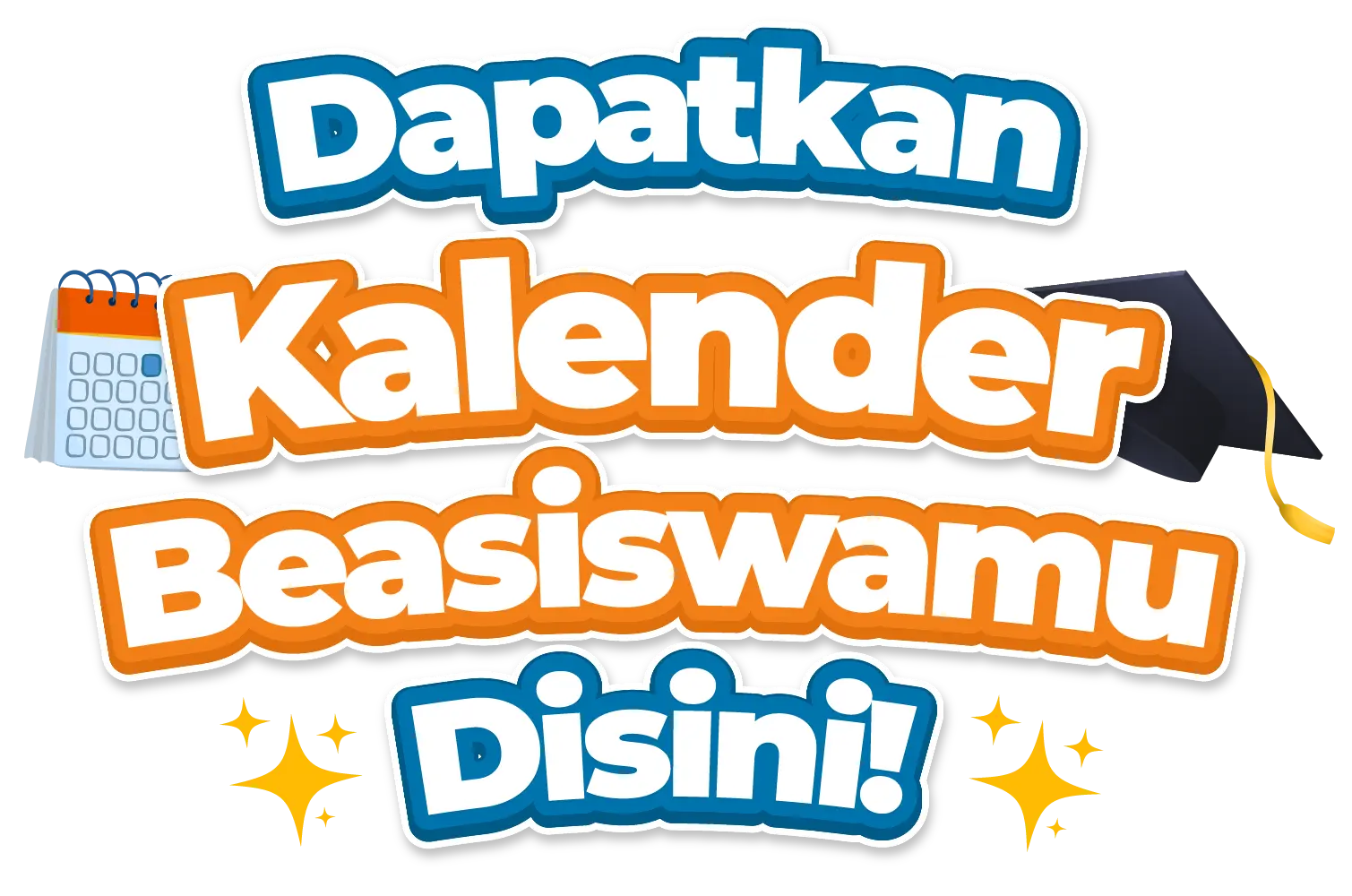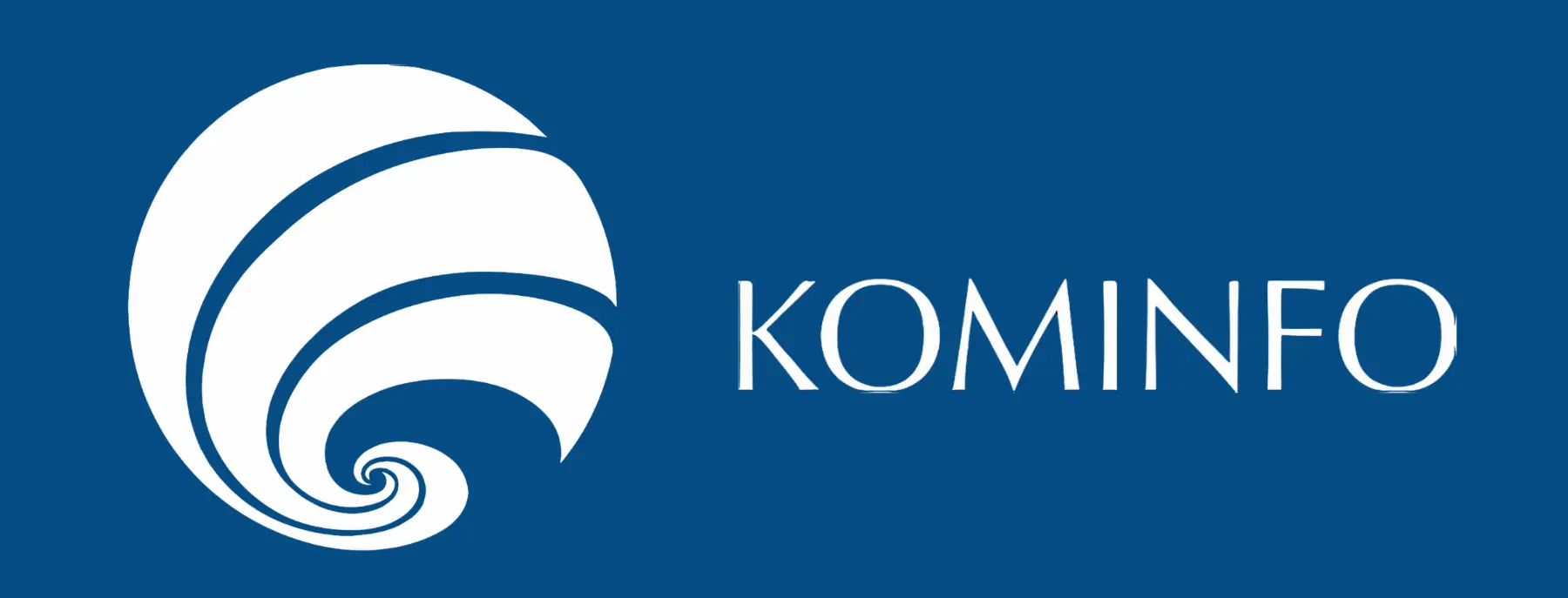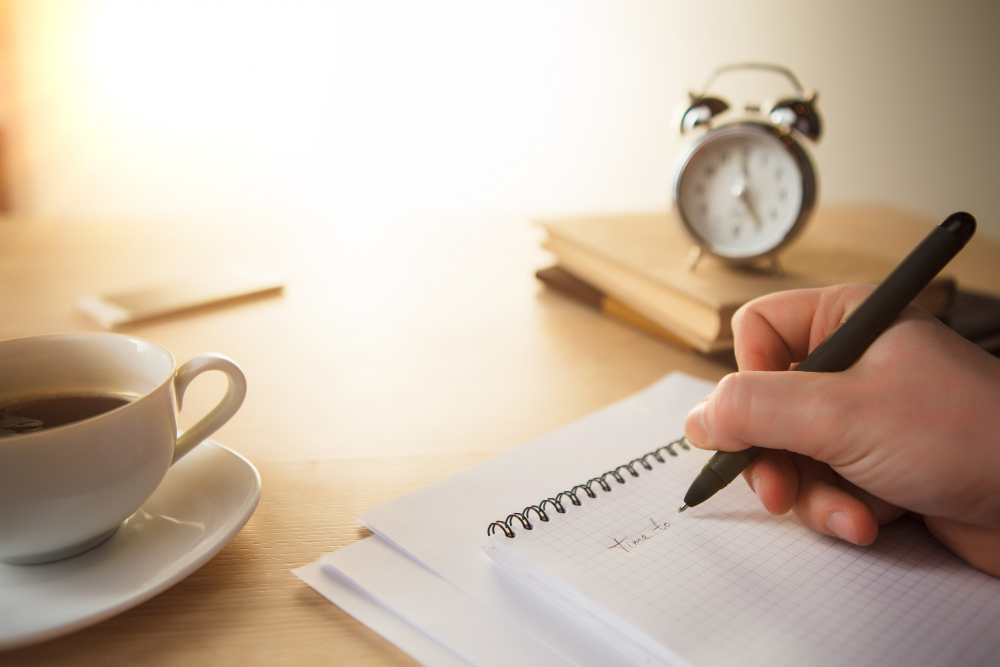
Siap-siap, Beasiswa Chevening 2024 akan buka pendaftaran sekitar bulan September ini, Sob! Buat kamu yang mau lanjut Studi S2 gratis ke Inggris, udah mulai mempersiapkan essay belum, nih? Masih no clue dan butuh contoh essay Beasiswa Chevening?
Tenang… MinBi sudah merangkum format esai dan contohnya khusus buat kamu, nih. Intip informasi lengkapnya, yuk!
Apa Itu Beasiswa Chevening?
Chevening Scholarship adalah program beasiswa penuh dari Pemerintah Inggris untuk mendanai calon mahasiswa internasional yang ingin melanjutkan Studi S2 di universitas-universitas terkemuka Inggris Raya.
Beasiswa ini sayang banget buat kamu lewatkan karena mencakup biaya kuliah penuh, biaya hidup, dan kebutuhan studi lainnya.
Enggak cuma itu, persyaratan beasiswanya pun super gampang! Enggak ada batasan usia, tanpa perlu Letter of Acceptance (LoA), tanpa IELTS/TOEFL, tanpa legalisir dokumen, dan bisa daftar secara online.
Eitss… meski pendaftaran beasiswanya enggak perlu IELTS, kamu tetap butuh skor IELTS buat daftar kampusnya, lho! Biasanya, kampus-kampus di Inggris mensyaratkan IELTS cukup besar, antara 6.5–7.0.
Makanya, harus persiapan dan latihan dari sekarang, Sob! Biar makin sat set dan terarah, belajar bareng Kobi aja! Bisa ngebut belajar IELTS selama 2-3 bulan, lho!
Nah, enggak kalah penting dari IELTS, syarat essay (esai) juga wajib kamu persiapkan matang-matang. Biar enggak bingung, simak terus artikel ini sampai akhir, ya!
Baca Juga Artikel Ini: Chevening Scholarship 2024: Open Regis, Deadline, dan Syarat
Format Essay Beasiswa Chevening
Chevening mewajibkan pelamar untuk menulis empat esai, dengan batas maksimal masing-masing 500 kata.
Meski masing-masing esai memiliki pertanyaan berbeda-beda, usahakan esai kamu nyambung satu sama lain, ya.
Essay 1: Leadership and Influence Question
Chevening mencari individu yang akan menjadi pemimpin atau pemberi pengaruh di negara asal mereka.
Nah, kamu bisa menggunakan contoh-contoh nyata dari pengalaman kepemimpinanmu selama bekerja. Enggak perlu jadi bos atau punya jabatan tinggi, kok, cukup aksi yang bikin perubahan, sekecil apapun itu.
Biar lebih gampang, gunakan Metode STAR (Situation, Task, Action, Result) atau SCARR (Situation, Challenge(s), Action, Result, Reflection) untuk menjelaskan pengalamanmu, ya.
Essay 2: Networking Question
Chevening mencari individu yang memiliki jaringan luas dan aktif. Tunjukkan bahwa kamu adalah orang yang supel, mudah bergaul, dan mampu memanfaatkan koneksimu untuk hal-hal positif.
Jangan cuma bilang punya banyak teman, tapi kasih contoh konkret bagaimana kamu berinteraksi sama mereka, ya, Sob!
Jelaskan bagaimana kamu akan menggunakan keterampilan networking-mu untuk mencapai tujuan karier, termasuk terlibat dalam Komunitas Chevening.
Essay 3: Studying in the UK Question
Saat mendaftar Beasiswa Chevening, kamu diwajibkan memilih tiga program studi di universitas yang berbeda di Inggris.
Kamu bisa memilih tiga program studi berbeda di satu universitas yang sama, atau tiga program studi yang sama di tiga universitas berbeda.
Nah, dalam esai ini, uraikan mengapa kamu memilih tiga program tersebut.
Jelaskan alasan spesifik kamu memilih masing-masing program. Kemudian, kaitkan dengan pengalaman akademis atau kerja sebelumnya dan bagaimana program ini bisa membantu mencapai tujuan kariermu di masa depan.
Essay 4: Career Plan Question
Chevening mencari individu yang punya rencana karier jelas setelah lulus. Jadi, dalam esai ini, ceritakan rencana jangka pendek dan jangka panjang setelah pulang ke Indonesia.
Kamu juga bisa mengaitkan rencana kariermu dengan program pemerintah Inggris di Indonesia, lho!
Contoh Essay Beasiswa Chevening
Leadership and Influence Question
Contoh 1
I believe that leadership is one of my strongest qualities… Back when I started attending university, I had to learn to live independently… In order to do so, I had to establish a small start up… One of my successful ventures…began when I was blessed with the opportunity of becoming the co-founder of XXX… I managed to use my leadership skills to develop the company’s system and eventually increase the number of employees…
During my time at the university, I was given a chance to lead an organization named… Although this organization was relatively new, I managed to lead the organization to organize seminars and workshops… We collaborated with people from companies that have good national reputation…
My passion in influencing people eventually brought me to aid the development of an SME in Tuban… We gave additional value to legend by giving it proper packaging, a brand name, and also clinical tests… I was so grateful that this project could increase the revenue of people in Tuban by 20%-30% and eventually assisted the development of a village in their area.
Henceforth, based on my experiences, I believe that I am a suitable candidate for this scholarship…
Sumber: Mirza Idham Saifuddin
Contoh 2
Hearing the elders’ stories…., | dreamed also of making my own contribution to the freedom struggle of my people.
As a founding member and leader of the African National Congress Youth League, | initiated and led the Defiance Campaign against apartheid…. | assembled and addressed a crowd of 10,000…. | also embarked on an international tour…. After a series of negotiations | held with the government, apartheid was dismantled….
Sumber: Faith Edigold
Networking Question
Contoh 3
The demand of my professions… led me to start making business networks… When I was an active member at the XXX,… I obtained new knowledge about developing social business.. Furthermore, I was able to learn about social entrepreneurship from the experts…. Additionally, I am able to communicate indirectly to 10,000 alumni from this scholarship. Another benefit of my networking experience comes from the Danone Scholarship… Thanks to my excellent job…, my network in Danone eventually offered me to become a Supervisor…
Apart from the scholarship network, I have participated in some business organizations such as XXX…. I was able to meet some entrepreneurs who are experts in their respective fields…
Furthermore, I also have a close relationship with Argabayu…
In my hometown, I have a good relationship with the local people and the local government… My family’s social organization is funded partly from these relations…
To sum up, I will be more than glad to participate in any kind of events in collaboration with other Chevening Alumni…
Sumber: Mirza Idham Saifuddin
Contoh 4
Another task I was able to complete was my successful application to the University of Oxford…. I reached out to former Chevening scholar…. and had multiple discussions on my interest in applying…. This led to a mentor-mentee relationship…. She later introduced me to an alumnus of my course of interest…. and I consequently secured admission…. Recognizing the need to provide similar guidance…., I created an online platform…. through which I have networked and collaborated…. In less than five months, I have garnered almost 1,000 subscribers and 4,300 impressions on the videos I produce.
Sumber: Anita Makori
Contoh 5
During my lifetime | have dedicated myself to this struggle of the African people…. This requires a vast understanding of the major contemporary trends shaping our world.
The MA in Peace, Resilience and Social Justice at University of Bradford enables me to further equip myself to study peace…. | chose to study this course at university of Bradford because the programme is delivered by the Division of Peace Studies and International Development, which maintains an international reputation….
Sumber: Faith Edigold
Contoh 6
Despite being among the top ten destinations for foreign direct investment in Africa and initiating reforms that have led to economic growth since 2003, Kenya faces a high poverty rate and a widening inequality gap… This has motivated me to pursue a Master’s Degree in International Development to gain knowledge and skills on poverty reduction, development and addressing inequality…
The MSc Applied International Development offered at the University of Reading is my first choice. The university is among the top twenty institutions…which will develop my research competencies… I plan to specialize in their Agriculture and Social Development pathway… In addition, the course is offered at the Graduate Institute of International Development, Agriculture and Economics (GIIDAE) where I can take electives in agriculture such as Agriculture Project Planning and Management in Developing Countries…
Sumber: Samuel Wairimu
Career Plan Question
Contoh 7
Immediately upon returning to NZ, I will…create my own business which offers individual therapy, community workshops, and seminars. This business will specifically prioritize women, and Pacific and Indigenous peoples…
My medium-term plan…includes completing my Psychiatry Fellowship through RANZCP… I will also undertake workshops and mentorship opportunities for more traditional therapeutic and healing practices including Fofō (Samoan healing and massage) and Mirimiri (Māori healing)… This will improve my ability to provide more holistic, culturally informed, and nuanced care…
Long-term, I will utilize these experiences to develop a therapeutic approach that would be culturally safe, marry westernized concepts with indigenous knowledge and pass this on to others… I would also develop courses or formal education tools…
Sumber: Brittany Tasesa
Contoh 8
According to a 2017 report by Alliance for a Green Revolution in Africa, over 70% of Kenya’s poor and hunger-stricken people live in rural areas… Growth in the agricultural sector has been estimated to be over ten times more effective in reducing poverty… This has motivated me to… pursue a career in International Development. This will impart me with knowledge and skills to influence policies on poverty reduction through small-scale agriculture…
In the short term, I see myself starting a community-based organization in Murang’a County… I will achieve this by seeking partnerships…to increase smallholder farms productivity…
I plan to serve in the next Murang’a County Government… In this role, I will work with the County Assembly to improve the reliability of water supply for irrigation…
Sumber: Samuel Wairimu
Tips Menulis Essay Chevening
1. Gunakan Metode STAR
Saat menceritakan pengalamanmu, jangan hanya menyebutkan apa yang kamu lakukan, tapi jelaskan juga konteksnya (Situation). Apa tugas atau masalah yang kamu hadapi (Task)?
Tindakan apa yang kamu ambil untuk mengatasinya (Action)? Dan apa hasilnya (Result)? Dengan metode ini, esai kamu akan lebih terstruktur dan mudah dipahami.
Selain metode STAR, kamu juga bisa menggunakan Metode SCARR (Situation, Challenge(s), Action, Result, Reflection).
Metode ini mirip dengan STAR, hanya saja ada elemen refleksi yang menganalisis kembali pengalaman kamu untuk mengambil pelajaran berharga dari situ.
2. Fokus Pada Kontribusimu
Meskipun pengalamanmu melibatkan kerja tim, jangan ragu untuk menggunakan kata ganti “saya” saat menjelaskan tindakan dan pencapaian spesifik yang menjadi tanggung jawabmu.
Gunakan angka, persentase, atau data konkret lainnya untuk mengukur dampak kontribusimu. Ini akan memberikan bukti nyata tentang hasil yang kamu berikan dalam tim.
Misalnya, “Saya berhasil meningkatkan keterlibatan audiens sebesar 30% dan jumlah pengikut sebesar 15% melalui pengelolaan media sosial perusahaan.”
Baca Juga Artikel Ini: Persiapan Beasiswa Chevening: Tips Untuk Kamu Yang Mau Daftar di Tahun Ini!
3. Tulis Paragraf Utuh
Hindari menulis esai dalam bentuk poin-poin, ya!
Buatlah narasi yang mengalir dan menarik untuk menggambarkan pengalaman dan kemampuanmu secara lebih jelas dan meyakinkan.
4. Periksa Ulang Tulisanmu
Kesalahan ejaan dan tata bahasa bisa memberikan kesan yang kurang baik, lho!
Luangkan waktu untuk memeriksa ulang esai kamu sebelum mengirimkannya. Minta bantuan teman atau Mentor untuk memberikan masukan.
5. Gunakan Contoh Pengalaman Kerja Terbaru
Saat membahas kepemimpinan, fokus pada pengalaman kerja terbaru yang relevan dengan tujuan studimu.
Hindari menggunakan contoh dari masa sekolah, kecuali jika sangat relevan dan menunjukkan perkembangan signifikan dalam kemampuan kepemimpinanmu.
6. Jelaskan Hasil Networking
Jangan hanya menyebutkan daftar jaringan atau organisasi yang kamu ikuti aja, ya!
Jelaskan juga gimana kamu membangun dan memelihara hubungan tersebut, serta bagaimana jaringanmu memberikan manfaat bagi pengembangan karier atau komunitasmu.
7. Rencana Karier Yang Realistis dan Spesifik
Tuliskan tujuan kariermu setelah lulus secara jelas dan terukur. Hindari pernyataan yang terlalu umum atau ambisius.
Jelaskan langkah-langkah konkret yang akan kamu ambil untuk mencapai tujuan tersebut, serta bagaimana Beasiswa Chevening akan membantumu mewujudkannya.
Nah, itulah dia contoh essay Beasiswa Chevening yang bisa jadi referensi kamu. Ingat, esai ini cuma contoh, ya.
Kamu harus bikin esai yang orisinal dan mencerminkan dirimu sendiri. Jangan lupa tambahkan pengalaman dan cerita pribadimu yang unik.
Good luck, SoBi!

